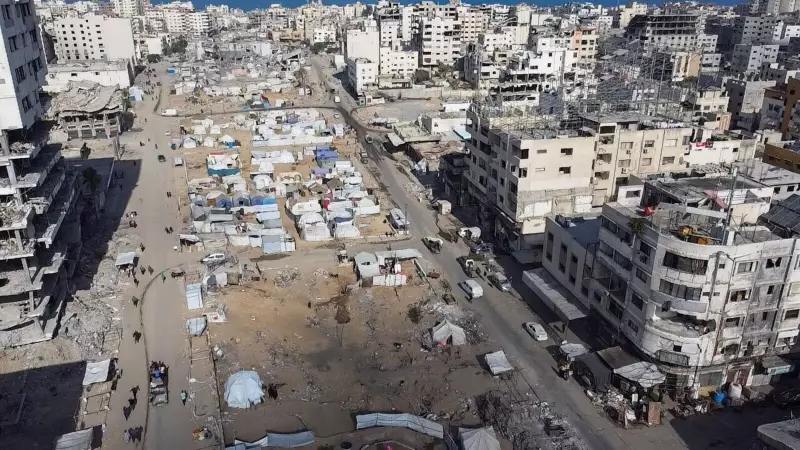
The fragile peace in Gaza has been shattered as violence erupted once again, with the Israeli military conducting strikes in Rafah following what they claim was a Hamas attack on Israeli troops.
Ceasefire Collapses Amid Accusations
The brief period of calm in the conflict-ridden region ended abruptly when Israeli forces launched targeted strikes in the southern Gaza city of Rafah. This military action came in direct response to what Israeli authorities described as a Hamas-led attack against Israeli troops stationed in the area.
Conflicting Narratives Emerge
Both sides have presented contrasting accounts of the events that led to the collapse of the ceasefire agreement. The Israeli military maintains that Hamas militants initiated hostilities by attacking their forces, necessitating a defensive response. Meanwhile, Hamas representatives have offered their own version of events, though specific details remain contested.
Rafah Becomes Epicenter of Renewed Conflict
The city of Rafah, located in the southern Gaza Strip near the Egyptian border, has become the focal point of this latest escalation. The area had previously seen relative calm during the ceasefire period, with residents hoping for a more permanent resolution to the ongoing conflict.
International observers are closely monitoring the situation as the renewed violence threatens to undo recent diplomatic efforts aimed at achieving lasting peace in the region. The timing of this escalation is particularly concerning given previous attempts to broker a more comprehensive ceasefire agreement.
Humanitarian Concerns Mount
With the resumption of military operations, humanitarian organizations have expressed growing concerns about the impact on civilian populations in affected areas. The previous ceasefire had allowed for some humanitarian aid to reach those in need, but this latest development threatens to disrupt those crucial supply lines.
The international community faces renewed pressure to intervene and mediate between the conflicting parties as fears grow that this latest incident could spiral into a larger-scale confrontation, potentially affecting broader regional stability.





